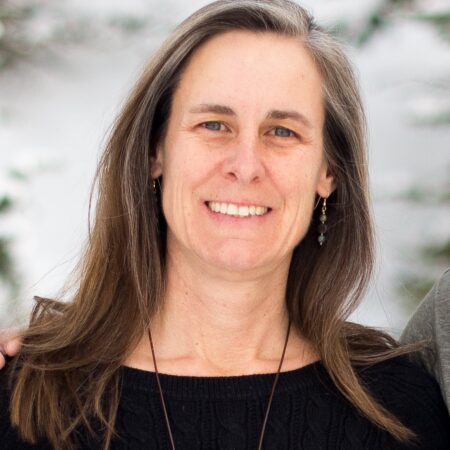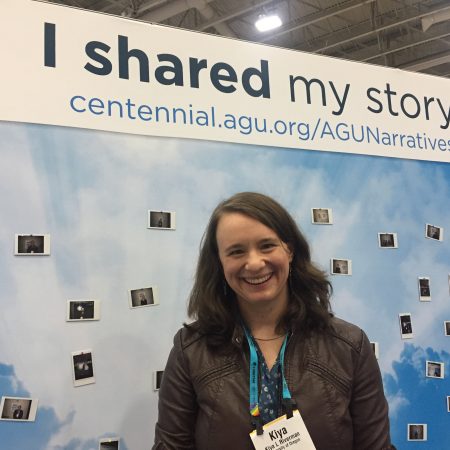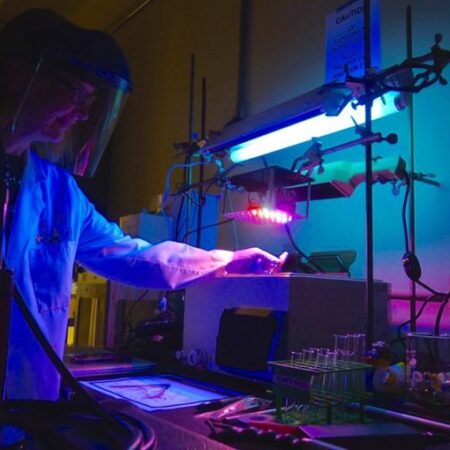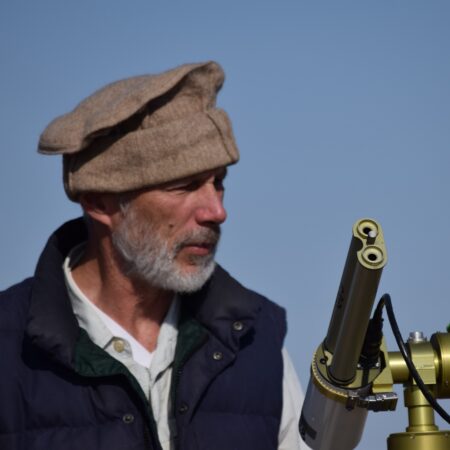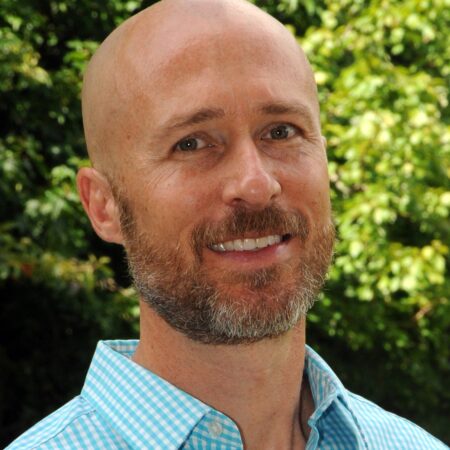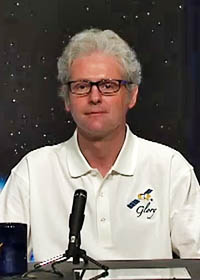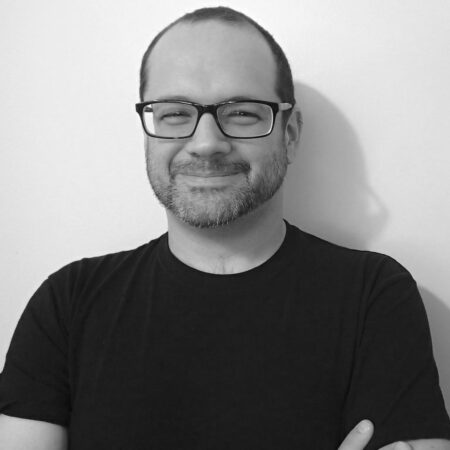Refine
Date Range Clear
Recorded by Clear
Keywords Clear
Partnerships Clear
- No matching terms.
Organizations Clear
Places Clear
Languages Clear
Initiatives Clear
When it comes to data archiving, Michele Thornton has you covered. As a Geospatial Data Professional for ORNL-DAAC, Michele ensures that NASA funded research is accessible not only to researchers out in the field but to a larger user community...
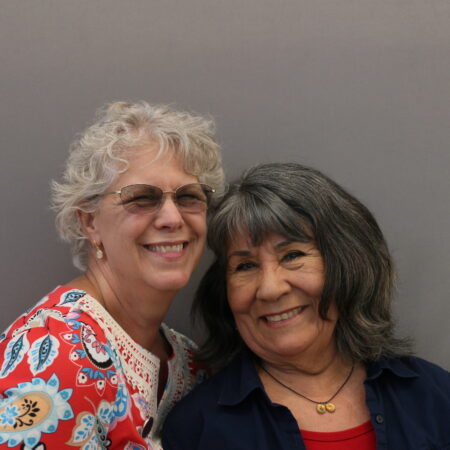
Harriet Weber [no age given] interviews her friend, Maria de la Luz Gonzales Estrada Oppen Dockins Craig Oppen [no age given] about her upbringing, family, and childhood journey from Mexico to Quincy, Washington.
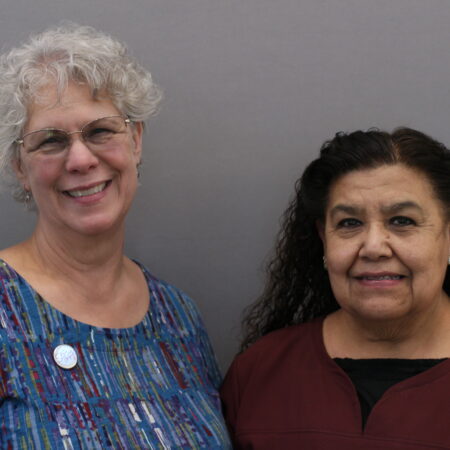
Harriet Weber (65) interviews her friend Lily Medrano [no age given] about her upbringing, life between Mercedes, Texas and Quincy, Washington, and journey to becoming a medical assistant.
Kiya Riverman ended up studying glaciers because, on a field work trip, she was one of the few who could fit the ice cave in the glacier. She recalls, “you're surrounded by glaciers and then sometimes you're underneath glaciers. And...
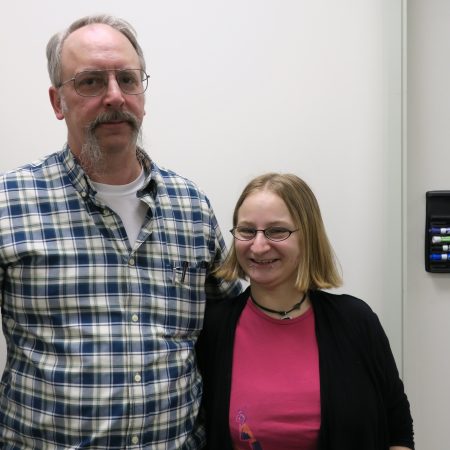
Martin Miller (no age given) interviews his mentee and friend Taylor Gofstein (24) about the Women in Science Leadership Workshop, cultural sensitivity in Alaska, field work, and mentorship.
Listen in as NASA biologist Niki Parenteau describes her science journey from farmer's daughter to studying life forms in the lab and mentoring students, to designing biology experiments for astronomers searching for life outside Earth's solar system.
With over thirty-years of experience in aerosol research as a Project Leader on NASA’s AERONET program, retired NASA scientist Brent Holben knows his way around those finer details. Now three-months into his retirement, Brent walks us through his adventurous world-trotting...
Being a Hydrologist was never on Matthew Rodell’s radar, let alone working for NASA. But he always trusted the path ahead. Now as their Deputy Director of Earth Sciences for Hydrosphere, Biosphere, and Geophysics (HGB) at Goddard Space Flight Center,...
Brian Cairns works for the NASA Goddard Institute for space studies in New York, where he focuses on developing instruments that will make better measurements of small particles in space. In this interview Dr. Cairns discusses his start in engineering,...
As an associate professor of Earth & Environmental Sciences and volcanologist at Denison University, Erik Klemetti works on volcanoes all over the planet, from Chile to New Zealand to the Cascades of Oregon and California. His research focusses on how...
